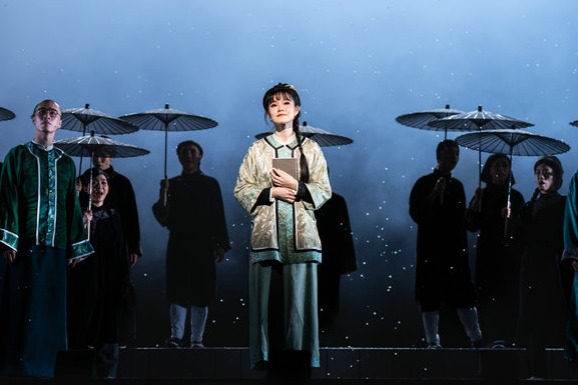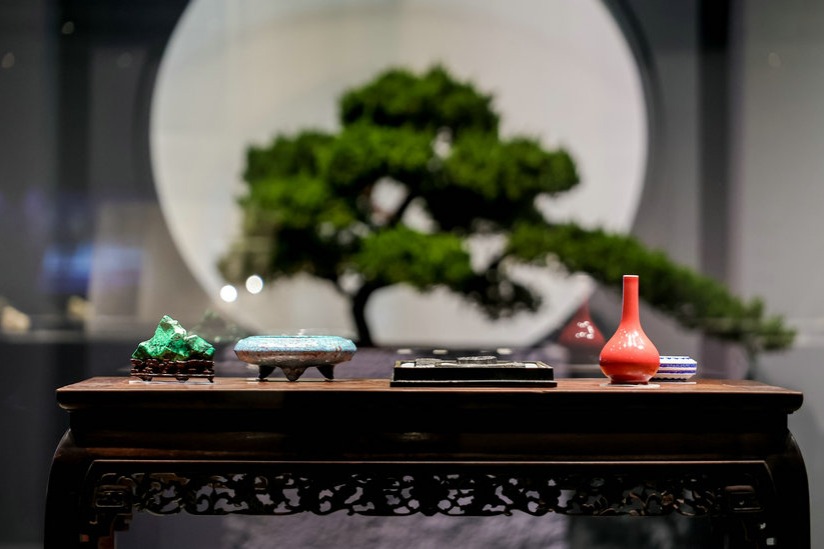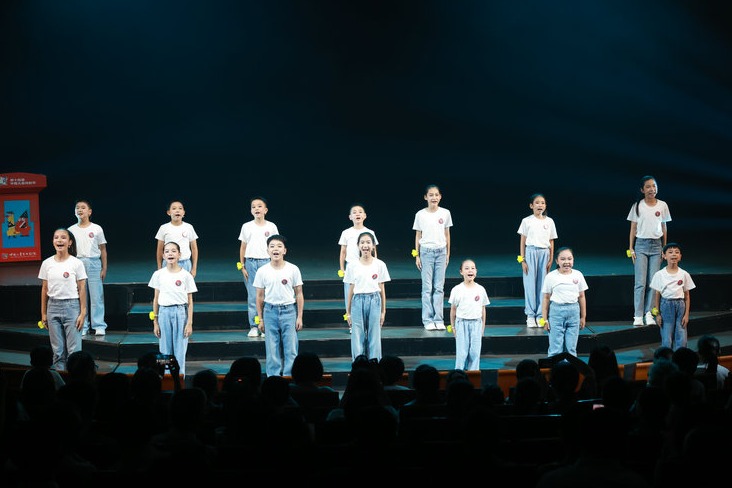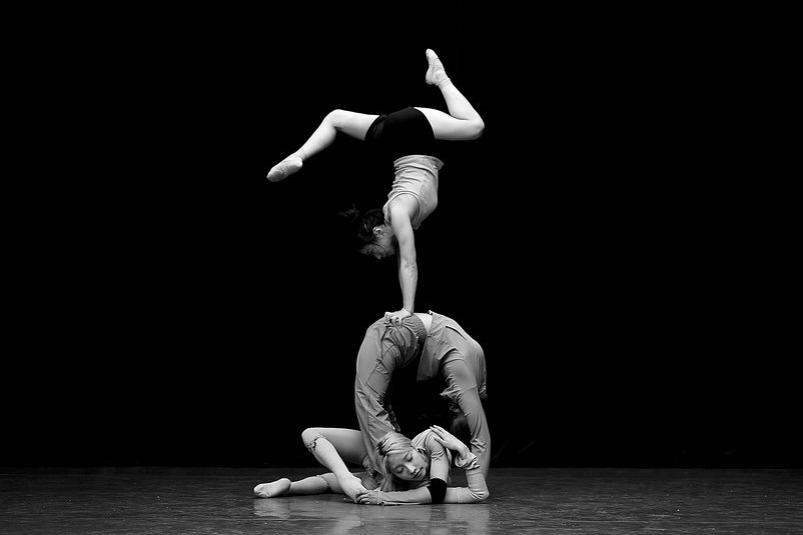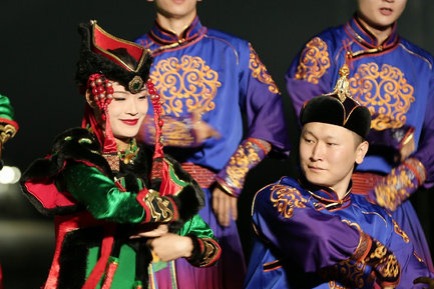Enthusiasts chase sky-high thrills of wind power

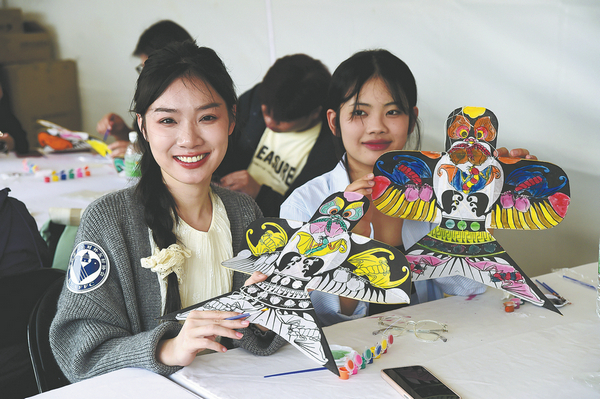
Increasing popularity
Within China, the Chinese Kite Association hosts an annual series of kite festivals and events that attract the participation of a wider and more vibrant group of enthusiasts.
Li Yiyang, 21, is one of the youngest members of the Beijing Kite Association and yet he has taken responsibility as the leader of the association's Team One, and has won awards at multiple contests.
"I've got family members who are into kite flying and who took me along, so I've been fascinated by the sport since childhood. In the past six or seven years, I think I've gained a solid understanding of it," Li says.
"At first, it was just a hobby and a way to get outdoors and exercise, but when I got more involved, I discovered its rich cultural and historical connotations. So I started delving into kites from two main perspectives, their history and their role in competitive sports."
As he pursues his studies, Li flies kites at weekends, and in his spare time learns about them, including how to paint and make kites, as well as doing historical research.
Between traditional and stunt kites, he is more inclined toward the former, especially kites characteristic of Beijing, and has adopted local kite-making techniques and cultural elements.
"To me, the charm of kites lies first in allowing me to go outdoors and get some fresh air. It's beneficial to health and keeping fit. Studying kite-making has also been an opportunity to constantly improve my handcrafting and painting skills," Li says.
"Whenever I attend classes in intangible cultural heritage or discuss with my peers, I try to share what I know about traditional Beijing kites. I hope that more young people in China and around the world will get to know more about kites, their role in traditional Chinese culture and the sportsmanship of flying kites."



















